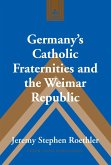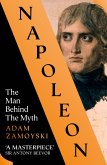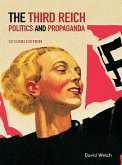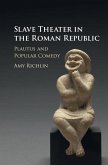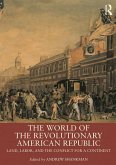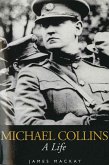Gustave Herve (1871-1944) seemed to have traditional Breton roots and a typical republican education. As a young socialist journalist and professor, he gained notoriety following a 1901 article which appeared to plant the tricolor in a dung pile. When French socialists unified in 1905, the Herveistes were an influential minority. The antimilitarist movement called Herveism gradually emerged as a quixotic crusade to unite revolutionaries against war and for socialism. Herve soon founded a weekly newspaper, La Guerre Sociale. Over the next six years, press campaigns, trials, prison, demonstrations, strikes, and conspiratorial organizations maintained Herve's profile and sold newspapers. Ironically, Herve advertised conspiracies, which suggests revolutionary theater more than practical politics. Among Herve's rivals, such theatrics often generated resentment. While Herve's movement succeeded as a media experience, his leftist competitors became jealous and skeptical. As revolutionary theater Herveism might have been entertaining, but the actors and some of the audience often confused revolutionary art with political reality. By 1911 the ingenuous Herve felt betrayed. His failure to unite revolutionaries began an evolution toward the nation and its traditional Catholic faith. Besides the international situation, one crucial determinant in Herve's evolution toward French national socialism sympathetic to fascism involved ongoing rivalries within the French Left. Herve's marginal interwar national socialist parties sought to employ patriotism and religion to solve French problems. By 1935 he attempted to draft Petain to lead an authoritarian republic. Gradually losing hope in Petain after the fall of France, the aging Herve put his faith in Christian socialism.
Dieser Download kann aus rechtlichen Gründen nur mit Rechnungsadresse in A, B, BG, CY, CZ, D, DK, EW, E, FIN, F, GR, HR, H, IRL, I, LT, L, LR, M, NL, PL, P, R, S, SLO, SK ausgeliefert werden.



